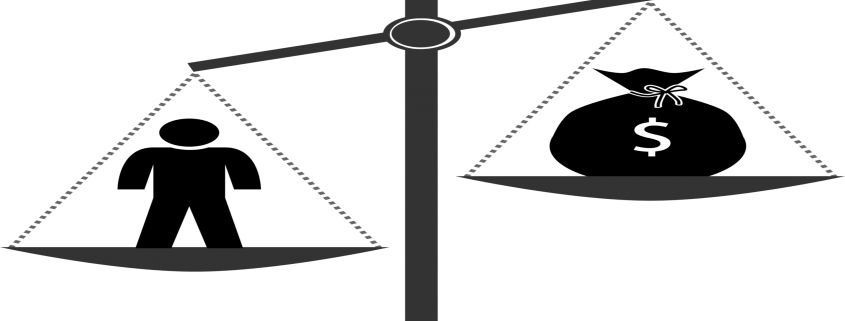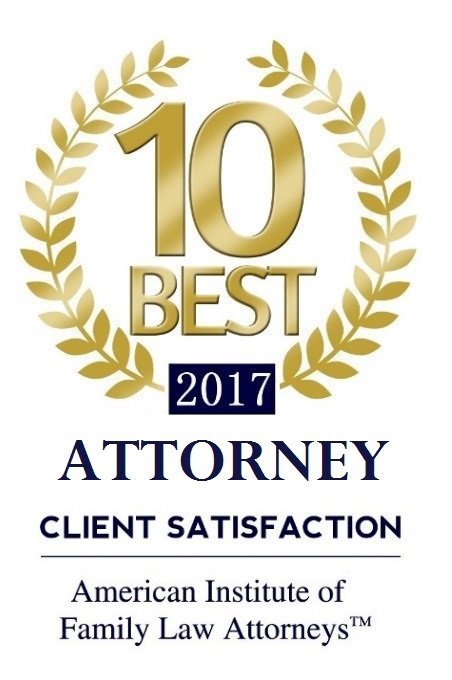The Hidden Costs to Trying to Avoid Bankruptcy
As a Constitutional right, bankruptcy has been part of our nation’s financial system from its inception. Businesses regularly use the bankruptcy process as a strategy to move forward, but individuals often are reluctant to avail themselves of bankruptcy. Dealing with debt is an exhausting distraction that can be managed by bankruptcy, yet the stigma attached to it prevents people from taking advantage of the opportunity to wipe the slate. Instead, they pursue alternatives – anything to avoid the dreaded bankruptcy. However, people living in a difficult financial situation should be aware of some of the challenges they might encounter if they go to great lengths to avoid bankruptcy.
Why do people avoid bankruptcy in the first place?
The two most common reasons for avoiding bankruptcy are shame and concern for credit. However, shame can come to a debtor who doesn’t pursue bankruptcy. When the debts pile up, foreclosure, repossession, and garnishment are among the collection strategies used by creditors, all of which are potentially embarrassing and lead to public exposure of financial woes. There is little doubt that credit can be impacted by bankruptcy. In reality, many individuals and couples contemplating a mountain of debt already have factors that likely had or will eventually have a negative impact on their credit. In addition, you can’t start to rehabilitate your credit until you have brought all your debts current. Bankruptcy starts the clock over and lets the debtor start the process of rebuilding credit.
Creditors come at you from all sides.
Individuals and couples in dire financial straits rarely have only one creditor. Utilities, credit cards, mortgage holders or landlords, auto finance, and so many other possible creditors all expect monthly payments. Once one bill falls behind, the rest tend to follow. As a result, the calls from the creditors, or from collections agencies, can multiply quickly. It can be overwhelming to deal with so many demands, and often the most insistent creditor is the least important. A bankruptcy case consolidates all these matters into one, streamlined procedure, and it puts an end to the creditor calls and institutes a fair process for resolving all debt issues. Whether it’s a Chapter 7 or Chapter 13 process, the bankruptcy case will let a debtor work on the big picture instead of being hounded.
Negotiating and resolving credit issues can get expensive.
Every creditor wants their entire debt paid off in full. If payment is late, there may also be additional late charges and interest. If they have elected to pursue legal remedies, they may be entitled to attorney fees. At times, creditors try to resolve the individual debts through negotiation, or work with an agency that can consolidate some but not all the outstanding debt. The time and effort can be enormous. Each creditor is motivated to get as much as possible, and they are not interested in helping debtors to address any other outstanding debts.
Depending on the kind of debt, creditors can force legal proceedings or alternative dispute resolution remedies, all of which present either a risk if undertaken alone, or a cost if entered into with counsel. For example, an eviction process will be before one Judge and a collection case before another, and neither judge will be considering all the other debt – only the specific issue at hand.
In a bankruptcy proceeding, all creditors are subject to the same rules, which are determined by law, making the process much more streamlined and efficient. A Chapter 7 can get wrapped up in a matter of weeks, and a Chapter 13 will set out clear guidelines for the debtor, and, instead of a chorus of creditors, a judge will decide whether the plan is acceptable.
Tapping emergency funds to make payments is risky and expensive.
When faced with a mounting pile of debt, the wish can be to pay it all off by obtaining a loan or finding some other source of funds. Commercial loans are not easy to come by when a person is under water with debt, and the terms will definitely include high interest. Borrowing money from friends or family may not be at as high an interest rate, but the cost for failing to pay could be the loss of the relationship. Some people are tempted to borrow against or cash in their retirement savings. This comes with high interest rates, or tax consequences, steep penalties, the loss of long-term security, and creditors can’t generally get at retirement funds. Depending on the amount of debt at issue, these solutions can result in a worse outcome than the original debt.
When debt has become a problem, it can be hard to figure out how to get out from under it. Before dismissing bankruptcy as an alternative, confer with an experienced bankruptcy law attorney who can help you to strategize the best course forward. Barkley & Kennedy Chartered has been advising Maryland debtors both in and out of bankruptcy for decades. Contact us for a consultation about your situation today.
DISCLAIMER. The material contained on this Website is not offered, nor should it be construed, as legal advice. The material on our Website has been prepared and published for informational purposes only. You should not act or rely upon information contained in these materials without specifically seeking professional legal advice.




